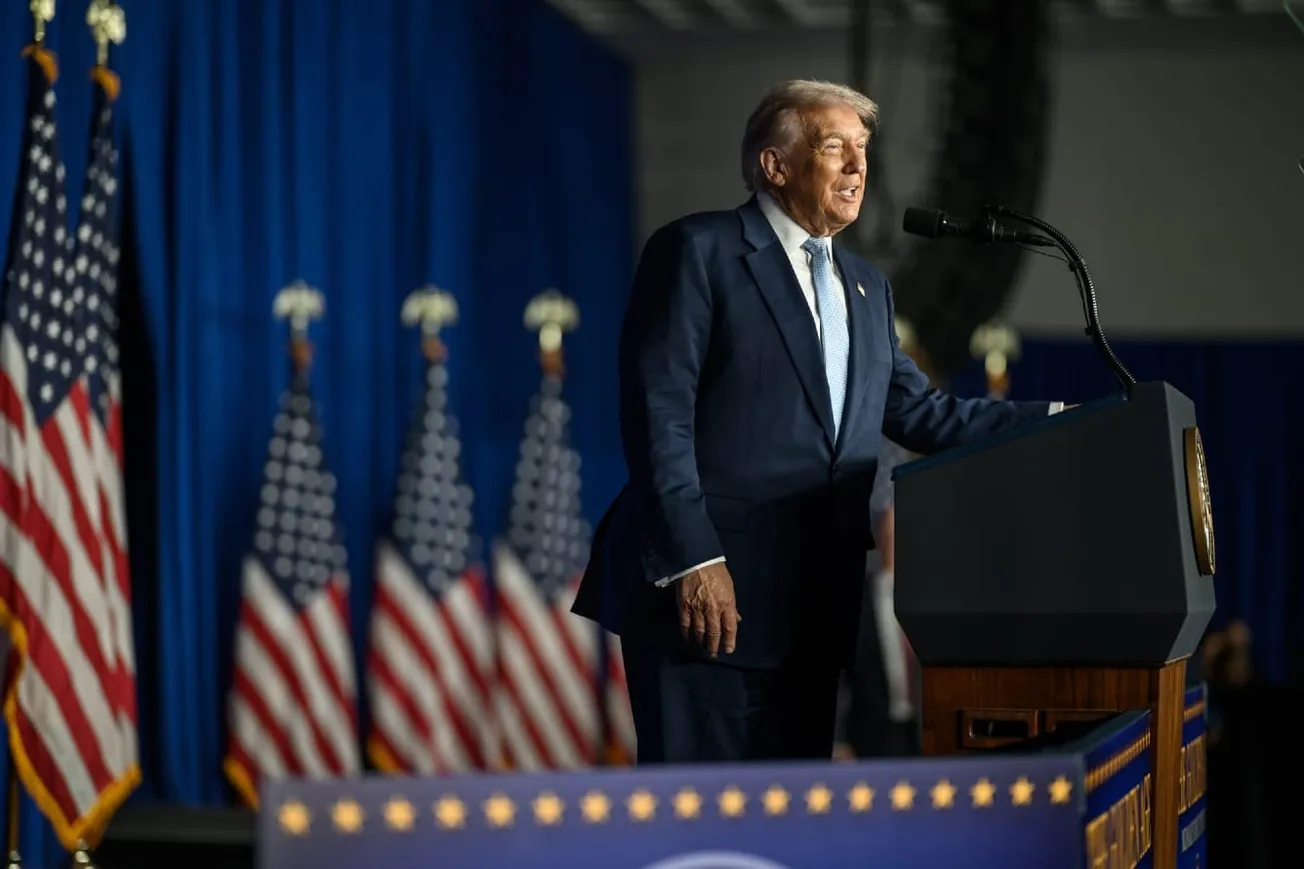Former Defense Secretary Robert Gates hit the nail on the head with his observation about Biden's foreign policy skills. "I think he has been wrong on nearly every major foreign policy and national security issue over the past four decades,” Gates remarked about Biden. Today, Americans are witnessing the reality of Gates' foresight. No U.S. President in the past 70 years has bungled American foreign policy as disastrously as President Biden and his loyal coterie of senior officials—Blinken, Sullivan, Austin, and Yellen.
America has managed to convert nations with whom we entertained reasonably good relationships—like Russia and China from 2000 to 2010—into countries hostile to American interests. Russia and China detest the Biden foreign policy of insult, exclusion, and hypocrisy so much that they have declared a "no-limits" partnership with each other, with crucial ramifications for world peace.
North Korea was once considered a pariah nation even by Russia and China, two major countries that share a border with the rogue state. Both countries have long refused to provide North Korea with military and logistics technology and support, key factors that have prevented Pyongyang from developing nuclear weapons launch capabilities and firing missiles long enough distances to reach American shores.
Thanks to the disastrous Biden foreign policy, Russian President Putin visited the North Korean capital in a high-profile state visit, with gavel-to-gavel coverage on Russian media. The two countries agreed on military cooperation during his first visit in more than 20 years. North Korea would continue to supply ammunition to Russia, having already done so to the tune of 11,000 container loads, all of which are designed to be used against Ukraine, in return for Russian technology that could finally help North Korea achieve the missile launch capability it so desperately seeks. So, has Biden also pushed North Korea into the Sino-Russian partnership with “no limits?”
Biden's reckless leadership and ill-advised lifting of sanctions have increased Iran's oil revenues, which in turn have funded Iran's proxies such as the Houthis, Hezbollah, and Hamas. Iran could exploit Russian, Chinese, and North Korean grievances against the United States by joining the "no limits" partnership. (Iran's drones are already a huge part of Russia's offensive weaponry.) At present, Iran lacks nuclear technological capabilities to be a threat to the region. However, the partnership countries could provide the capabilities to make it a formidable force and threaten the friendly relations that the Saudis had with us until just five years ago when the Abraham Accords were signed.
Thirty-four years after Presidents Reagan and Bush convinced President Gorbachev that the 30-year Cold War that the two sides engaged in was not beneficial to anyone, President Biden is taking the West to a significantly more intense Cold War, uniting serious powers against the United States.
Biden, whose worldview was shaped in part by his time on the Senate Foreign Affairs Committee during the Cold War, mistakenly believes that the West can prevail in a new Cold War. However, the key difference now is that Russia and China are far more capable than the Soviet Union was in 1990.
Russia has the world's largest nuclear stockpile and sophisticated electronic warfare capabilities, and China has the world's largest standing army. China is the second-largest economy and the world’s manufacturing center, with such a lead in the development of green technology and products that the world is in awe.
In the Ukraine war, Russia's economy has not only weathered brutal Western sanctions never before launched on any one country - but has grown. At the same time, Germany continues to be in a recession. On the battlefield, Russia continues to make gains. How would the West fare in an ideological battle against such powers?
The Us vs. Them attitude, a staple during the Cold War, was evident in Switzerland during the recent Ukraine peace conference. Western nations unequivocally supported the West's stance on Ukraine. Russia, China, Iran, and North Korea did not show up for the event at all. The non-aligned Global South countries—India, Mexico, Saudi Arabia, South Africa, Thailand, Indonesia, and the UAE —attended the summit but did not sign the joint communiqué. If this is not a substantially more intense version of the Cold War, we don't know what is.
The new Cold War could also last a lot longer. Unlike during the first Cold War, the gap in the living standards between the West and the former Soviet Union client states is no longer relevant. Glasnost and Perestroika were essentially economic messages to corral support from the Soviet people to abandon the Cold War. No such motivation exists among the people of Russia and China who see that the Biden administration continues to act as an irresponsible bully in Ukraine and Taiwan.
Today, Russia and China are relatively well-off economies with no bread lines or centralized resource planning. If anything, Western nations have become so indebted that their wealth is no longer sustainable. Many Western countries have debt-to-GDP ratios that exceed 100%, something unthinkable during the 1990s. France's continued borrow-and-spend policies invited a rebuke this week from Brussels. America pays $1 trillion a year to service its $34 trillion in debt.
None of these alarming facts seem to matter to the Biden foreign policy leaders as they jet from meeting to meeting, making matters worse. It is truly remarkable that America was involved in no new wars for only five months, from Sep 2021, when Biden disastrously withdrew from Afghanistan, leaving a trail of violence and instability behind, and February 2022, when Russia invaded a third country, Ukraine.
Since then, the West has poured nearly $400 billion into the wars in Ukraine and Israel, with not much to show and no end in sight. Russia continues to advance in Ukraine, and a total ceasefire with Hamas eludes America-backed Israel.
Biden and his team’s disastrous policies will have severe implications for decades, besides unifying Western nations in Cold War 2.







